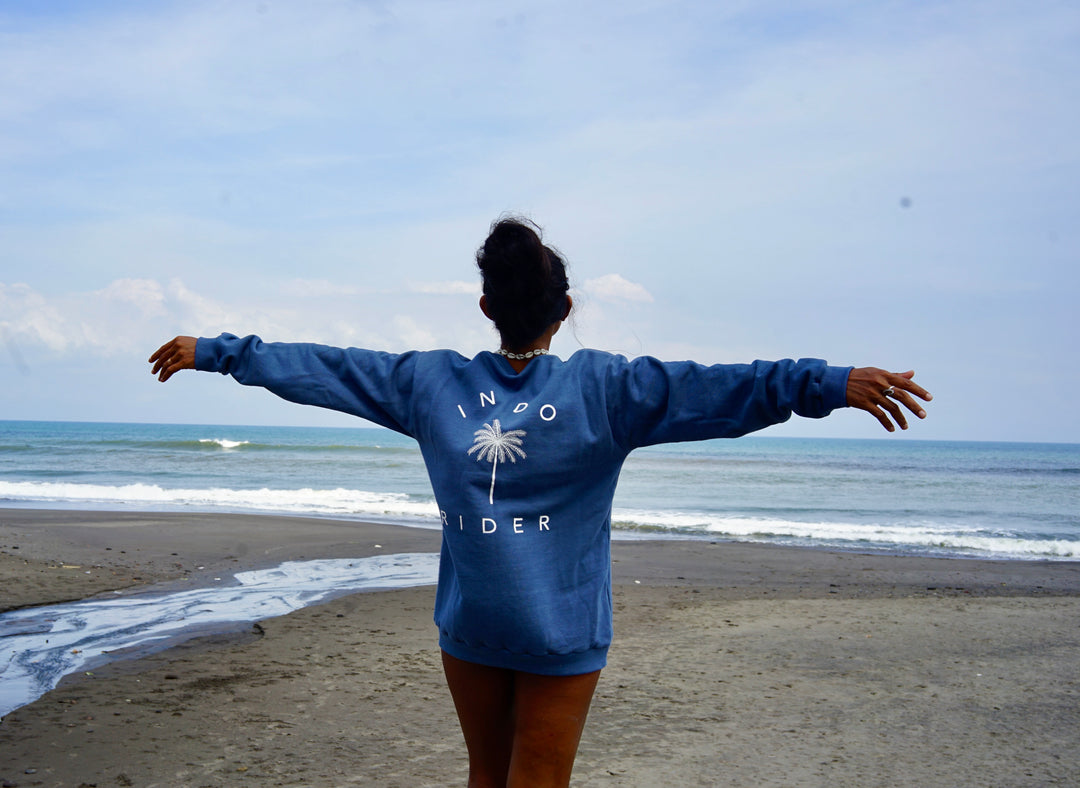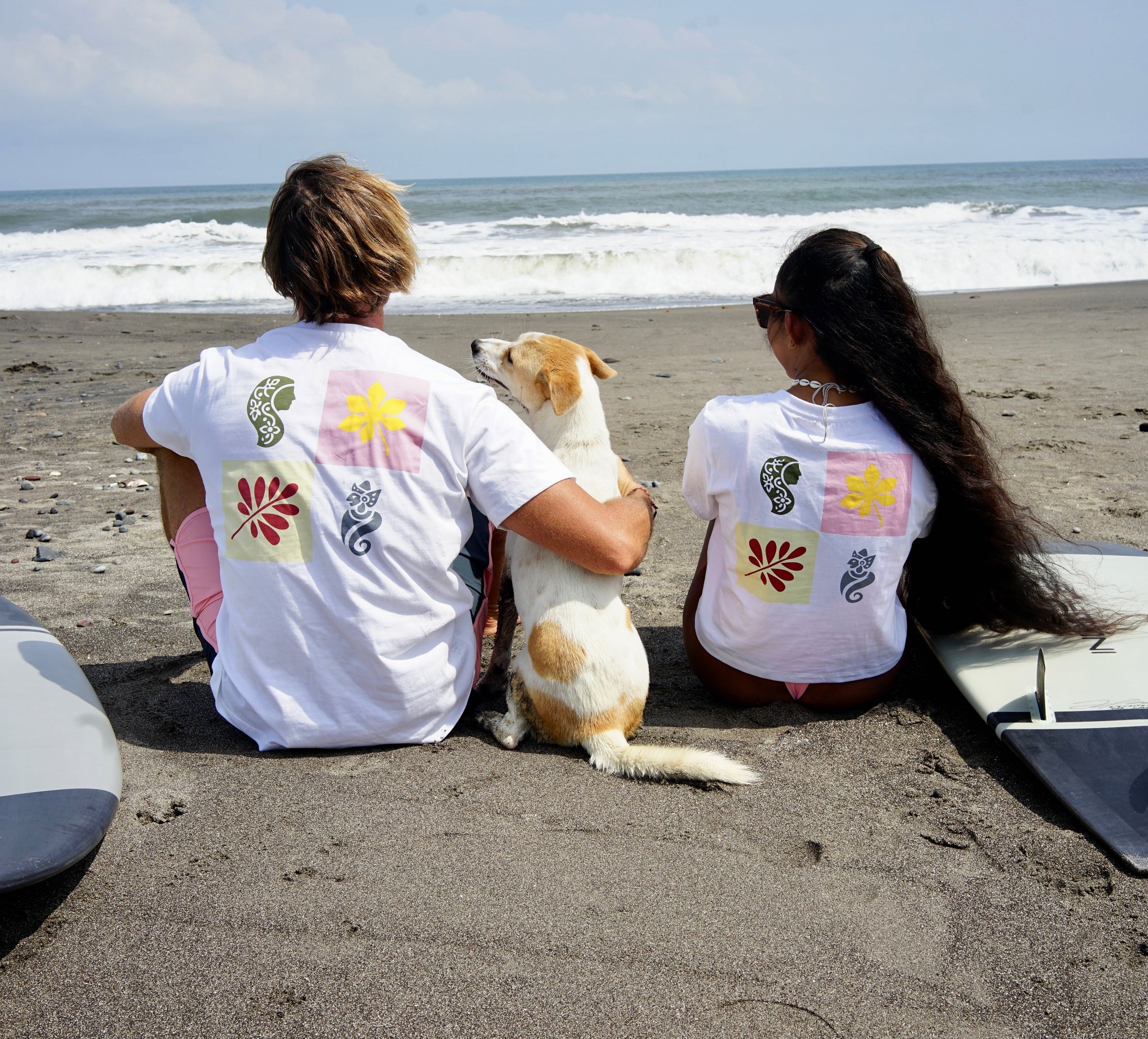At the heart of Indorider is our respect for the ocean. Our aim is to make sustainable surfing a reality.
From product design to sourcing materials, we are committed to creating goods as ethically and sustainably as possible. That means working with socially responsible factories who share our values and offer a fair living wage to employees.

What we're doing
- Fins made from 100% recycled plastic materials sourced from river and ocean clean up campaigns.
- Premium and organic cotton CPB dyed tee shirts, pre washed with no chemical based detergents and printed using AZO free Oeko-Tex Standard 100 certified dye free from heavy metals, solvents, and PVC.
- CPB (cold batch dyeing) technology uses no salt and 75% less water than conventional vat dyeing.
- Board wax made from 100% beeswax.
- Compostable garment bags made from corn starch.

Plastic waste makes up 80% of all marine pollution and around 8 to 10 million metric tonnes end up in the ocean each year. Plastic pollution is a threat to marine ecosystems and wildlife, and microplastics are now being found in almost every part of the human body.
The fashion industry contributes to the microplastic crisis as fibers shed when synthetic materials are worn, washed, and disposed of. We are working towards using 100% organic cotton in all of our apparel and only recycled polyester for our rash guards and board shorts. We are always looking at ways to improve and plan to introduce 100% recycled surfboards by 2027.
To offset the environmental impact of our production we pledge to donate a portion of every purchase to dedicated ocean and river clean up organizations.
Surfers Against Sewage
Surfers against sewage is a formidable thirty year old charity of marine conservation, campaigning, and education. They have successfully campaigned against many polluters and are currently holding Thames Water (UK) accountable for its multiple sewage dumps into Britain’s water ways.
Sungai Watch
Sungai watch is an environmental organization on a mission to stop plastic going into the ocean. They do this by using barriers and organizing river clean ups. Our team have experience working with Sungai Watch, having joined a river clean up, we have witnessed their incredible work firsthand.





